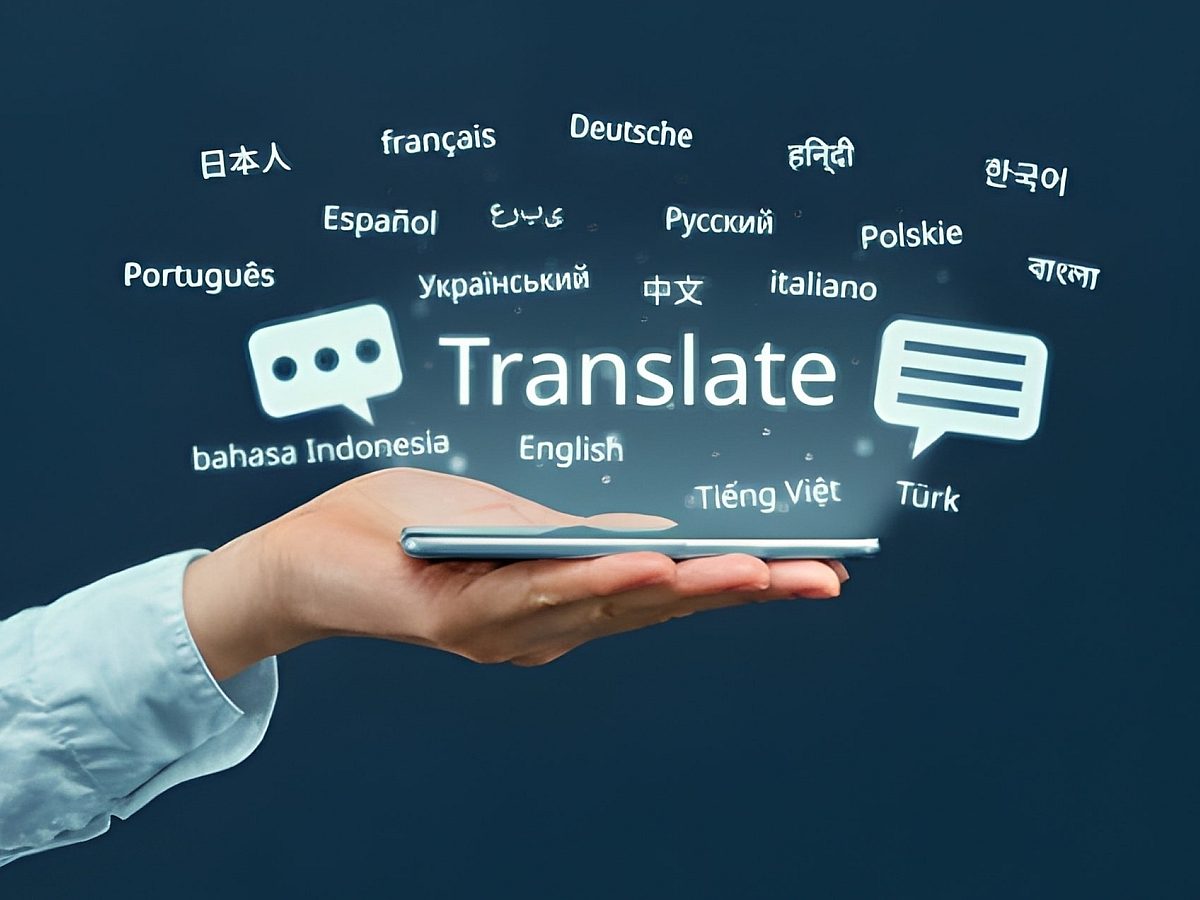Are you considering expanding your business activities in Brazil? The largest economy in Latin America has a booming consumer base and a rapidly growing e-commerce sector, making it an opportune time to enter the market.
While Brazil suffers from political instability and social inequality, US businesses should not shy away from an otherwise healthy marketplace.
Brazil’s macroeconomic stability is exceptional. The country boasts substantial international reserves and low external debt. Foreign investors also benefit from a credible central bank, a resilient financial system, and exchange rate flexibility.
Overall, Brazil has an attractive economic environment supportive of growth and investment.
This guide provides an overview of Brazil's current business environment, including opportunities and challenges for newcomers. By understanding the economic landscape, consumer market, and cultural nuances, US businesses can better position themselves for success in Brazil and the rest of South America.
Economic Overview
Brazil’s economic future looks bright. After a decline during the COVID-19 pandemic, Brazil’s economy has bounced back, and steady growth is expected to continue.
- Brazil is Latin America’s Largest Economy and the 8th largest economy globally
- Brazil’s GDP is expected to grow by 2.15% in 2024
- As of 2022, Brazil was the 9th largest export market for U.S. products and services, representing $75.44 billion in exports, up nearly 22% from 2021
- Brazil’s GDP per capita is $8,917

The Most In-demand Products and Services
Demand for many products and services is increasing in Brazil’s evolving marketplace.
Thanks to favorable investment conditions for foreign companies, US brands are well-positioned for growth in several areas.
- Renewable Energy: 13% Predicted Annual Growth
- Healthcare: 29.4% Predicted Annual Growth
- Beauty & Personal Care: 4-6% Predicted Annual Growth
- Water Purification: 8.7% Predicted Annual Growth
- Manufacturing: 3.5% Predicted Annual Growth
- Technology: 18.6% Predicted Annual Growth
Growing Consumer Market
Despite persisting issues of economic inequality, Brazil has managed to lift 28 million people out of poverty over the past 15 years.
Poverty is now below 10%, and the nation’s consumer class is steadily growing.
- Brazil has the 5th largest consumer market, with a population of about 215 million people
- Brazil's consumer spending for 2022 was $1,211.04B, a 20.32% increase from 2021
- Consumer spending expected to hit 1.45T in 2024
Booming eCommerce Market
The COVID-19 pandemic pushed Brazil’s eCommerce market into hyperdrive, and it shows no signs of slowing down.
- Brazil has the largest eCommerce market in Latin America. In 2022, its online shopping revenue was about $33 billion, nearly twice as much as in 2019
- Brazil's eCommerce market is expected to exceed $200 billion by 2026
- The most popular online purchases are clothing, shoes, health products, electronics, and beauty/cosmetics
Many Brazilian consumers do not have international credit cards, so US businesses should consider expanding payment options to include popular local methods such as PIX (similar to Venmo in the US).
However, Brazil’s credit card market is growing quickly, with Visa and Mastercard being the most widely accepted.
Access to Mercosur
Establishing a commercial presence in Brazil offers US businesses access to the broader Latin American market via Mercosur, the South American trade bloc.
Businesses operating in Brazil benefit from the free movement of goods and services with all countries in the bloc, including Argentina, Paraguay, Uruguay, and seven other Associate Members.
Mercosur eliminates duties and tariffs for those trading within the bloc, expanding market opportunities for US businesses. This makes Brazil an attractive market in itself as well as a stable economic base for growth throughout South America.

Understanding Brazilian Culture
Establishing a business in Brazil requires a deep understanding of the local culture. While Brazil has a large, globalized economy, its business environment has unique linguistic and cultural complexities.
Language can be a significant barrier to US companies hoping to do business in English. Brazilian Portuguese is the predominant language in Brazil, spoken by 98% of the population. Business meetings and negotiations are typically conducted in Portuguese, so foreign companies may need to work with Brazilian translators or interpreters to facilitate clear communication.
Wolfestone Group’s native Brazilian translators have assisted many US companies in translating and localizing their communications to gain a foothold in the market. The initial months can make or break key business partnerships, making it especially important to engage linguistic services from an organization that understands the local culture and business landscape.
Businesses are legally obliged to translate all official documents into Brazilian Portuguese. This includes tax, accounting, trade, and legal documents.
Linguistic accuracy is also crucial for building consumer trust. Most Brazilians expect communication and customer support in their language. Businesses are also recommended to divide target markets into subgroups and to communicate using the right regional dialects.
Wolfestone Group’s large network of Brazilian translators has enabled US businesses to thrive throughout the country.
Business practices in Brazil can vary by region. In major metropolitan areas like São Paulo, Rio de Janeiro, Belo Horizonte, and Brasília, companies are more accustomed to dealing with international businesses, so US businesspeople may feel more at home in these hubs.
However, in more rural areas, business practices may be more traditional, requiring a different approach. In these areas, localized translations are critical when communicating with Brazilian employees and partners. It’s common for employees to view business structures as patriarchal hierarchies—similar to families. Non-localized communication may lead to dysfunction and inefficiencies.
An Ideal Environment for Growth
As its consumer market grows, Brazil continues to strengthen its trade relationship with the US and simplify foreign investment.
Doing business in Brazil is becoming easier thanks to reduced trade barriers and improved bilateral agreements. The growth of Brazil’s consumer market, coupled with infrastructure development and streamlined regulations, suggests that business conditions will likely remain favorable in the future.
One of the most notable advantages of entering the Brazilian market is the allowance for 100% foreign participation in businesses. This means that foreign investors can fully own and operate their companies without the need for a local partner. Once established, companies can sponsor visas for foreign employees, making it easier to bring in talent from abroad.
Additionally, setting up a local company in Brazil no longer requires a physical presence in the country. The entire process can be completed through legal representation, reducing the initial burden and allowing businesses of all sizes to engage the 280 million consumers in Mercosur.
Wolfestone Group has successfully helped many US businesses enter the Brazilian market, and the post-COVID period presents a prime opportunity to capitalize on rapid growth across various sectors and the surge in eCommerce spending.
With services such as translation, localization, interpreting, cultural consulting and language courses, Wolfestone Group provides businesses with a complete suite of linguistic services to ensure their communications are effective and culturally appropriate.
Contact Wolfestone Group today to learn how your business can establish a strong and successful foothold in Brazil.




